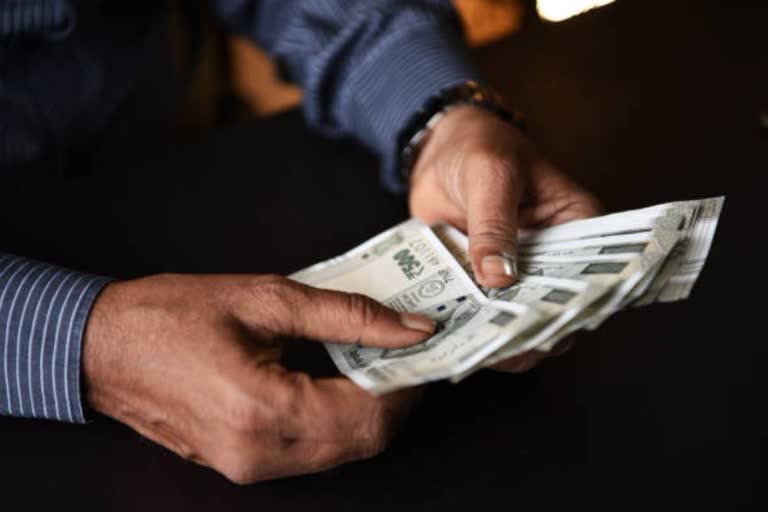New Delhi: The Covid-19 global pandemic, that decimated the world economy and hit India particularly hard, actually helped the companies and firms engaged in under-invoicing, the most often used method for tax evasion that leads to generation of black money, said an expert on international finance and offshore banking.
The Covid-19 global pandemic, which has killed over 77,400 people in the country and over 9,20,000 people worldwide, came as a good opportunity for black money operators in use of their classic technique of under-invoicing for dodging the tax authorities and stashing away the wealth abroad.
Prabhakar Kaza, who was CEO of State Bank of India, London, points out the modus operandi of black money operators who use both under-invoicing and over-invoicing to siphon money out of the country and dodge tax.
“During Covid we still have international shipping being carried on. The only thing that is going on during the Covid is more and more under invoicing,” Prabhakar Kaza said in response to a question by ETV Bharat.
Under invoicing is a method used by black money operators to supply goods to an overseas recipient at a lower price on paper and receive the difference amount parked outside the country to evade taxes.
For example, a supplier can supply goods worth $10,000 to a customer in a foreign country but raise the bill for $8,000 and receive the difference of $2,000 in some other country. This method of under-invoicing is often used by black money operators.
According to Prabhakar Kaza, who has vast experience in off-shore banking and international finances, the instances of under-invoicing have gone up during the Covid period.
“There are two explanations for this thing, one theory is that the prices have to come down because of Covid. Second is that some companies that are not reducing the prices want to keep the money outside instead of bringing to their own country,” he said in the Business and Banking dialogue organised by Mumbai based fintech and ATM management firm EPS India.
“The amount of money that was siphoned off a country by way of under-invoicing has gone up during Covid as these people are able to use the price crash caused by the pandemic to justify low prices of their goods in foreign markets,” Kaza said.
“If they under-report the value of goods and services then it has become easier for them to explain and justify low prices to the custom authorities.”
Read more:Diesel price dips below Rs 73, petrol rate cut for 2nd time in six months
Taxes worth billions of dollars are lost due to misinvoicing
According to a report by the US based think tank Global Financial Integrity, the value gap mismatch, which in other words is the difference between the original price and its value declared at the customs, was $817.6 billion in 2017.
